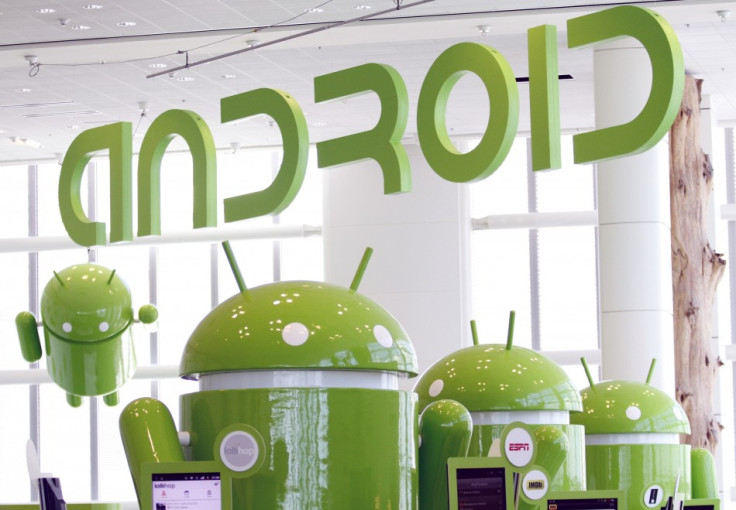Fake Copies of Instagram and Angry Birds Among 5,000 New Malicious Apps for Android

Around 5,000 new malicious Android apps were identified in the last three months alone, according to internet security experts at Trend Micro.
The rise in malicious software for Android devices is partly blamed on today's social networking generation, who give more personal information than ever to websites like Facebook and Twitter.
Trend Micro also states in its Q1 2012 Security Roundup Report, that a rise in mobile browsing has led to the increase in damage caused by malware. "A Google/Ipos poll found that users are increasingly using their smartphones to surf the web," the security company said.
"Germany, in particular, recorded the biggest jump from 39 percent to 49 percent [in the last three months]. With the increased use of smartphones for internet access and the huge Android user base, the increase in attacks targeting the platform is thus not surprising."
Senior threat researcher at Trend Micro, Robert McArdle, said that one of the biggest reasons for the increase in malware is the huge popularity of mobile apps and their ease of use, adding that browsing the internet on a smartphone or tablet is very different to using a laptop.
"The key thing to remember," McArdle said, "is to think before you give an app access to your data, if you have any doubt about giving over sensitive information, just don't do it."
Along with the usual selection of malware-ridden adult video sites and banking fraud schemes, there has been a rise in fake versions of popular mobile games, such as Temple Run, being sold through Google Play - formerly known as the Android Market.
Trend Micro notes that fake versions of Temple Run for Android display bothersome adverts via notifications and create shortcuts to more malware on the home screens of infected devices.
It was also found this week that a fake version of the hugely popular Instagram app for Android asked users to text a premium rate number to "activate" the application, before downloading more malware to the device.
The timing of a fake Instagram comes a week after Facebook announced it was buying the profitless photo-sharing app for $1bn (£630m).
A similarly fake version of the Angry Birds game was found to also download malicious code to infected Android devices.
The distribution of malicious applications is a global business, with a fake Russian Google Play site being found to host "a premium mobile service abuser that left victims with unwanted phone charges" and fake smartphone optimiser apps for Android and Symbian devices were found by Trend Micro hosted on a German server.
Trend Micro recently released research which showed that Android was the least secure of the four main operating systems with BlackBerry OS proving itself to be far and away the most popular. In relation to Android, the reports says: "There is no central means of providing Operating System updates, meaning that many users remain unprotected from critical vulnerabilities for a prolonged period."
With regard to the increasing popularity of social networking, Trend Micro said: "True to our prediction, today's social networking generation is more likely to reveal personal data to other parties in venues like social networking sites.
"As such, abusing the concept of mobility has proven to be an effective means for bad guys to spread malware. This and cunning social engineering lures in social media accessed via mobile phone apps puts users, even the companies they work for, in graver danger."
Senior researcher David Sancho said: "Social networking accounts are even more useful for cybercriminals because besides plundering your friends' email addresses, the bad guys can also send bad links around and try to steal the social networking credentials of your friends.
"There is a reason why there is a price for stolen networking accounts."
© Copyright IBTimes 2025. All rights reserved.






















